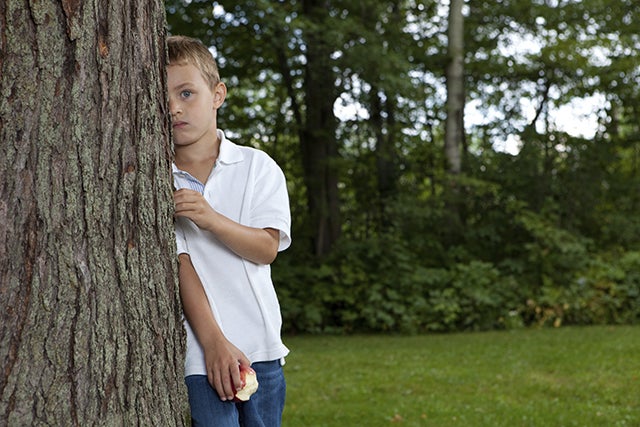Collaborative Problem Solving: Compassion is within our reach

By Stephanie Paquette
Parenting children who exhibit challenging behaviours can be disheartening. Despite best intentions, difficult behaviours can place strain on the parent-child relationship and contribute to conflictual outcomes. Behaviour has a communicative purpose, which may be misunderstood. Collaborative Problem Solving (CPS) provides the structure for us to think about what skills are being impacted when behaviours are present.
CPS specifies that kids with challenging behaviours are having difficulty meeting expectations; they do not lack the will to behave well, rather they have not acquired the skills that contribute to good behaviour. When kids have difficulty meeting expectations, they become upset. These kids often struggle with skills related to problem-solving, flexibility, and frustration tolerance. Assessing lagging skills using the CPS Thinking Skills Inventory can offer some clarity as to why kids are struggling to adaptively handle their challenges. It has been shown to build these skills.
Having a better understanding of the reason behind the behaviour contributes to the development of empathy and can strengthen the parent-child relationship.
The CPS model focuses on identifying unsolved problems and then engaging kids in solving them. For example, an ongoing challenge at bedtime or difficulty starting and completing homework, are problems to be solved that can be addressed using the CPS model. It helps children and adults build crucial social-emotional skills and leads to a reduction in behaviours across the settings in which it is introduced. Research conducted at Think:Kids, via the Massachusetts General Hospital, has shown that CPS contributes to reductions in time spent out of class, detentions, suspensions, injuries, teacher stress and alternative placements as well as increases in emotional safety, attendance, academic growth and family participation.
In the spring of 2023, EMSB Student Services Department professionals and special education technicians working specifically with children who exhibit challenging behaviours, were introduced to the CPS model to integrate into their respective settings. The model will continue to be introduced to a selection of EMSB school professionals throughout the 2023-2024 academic school year, with the intention of introducing a new approach to reducing behaviours and building relationships.
Continuing to integrate trauma-informed, social-emotional approaches in schools, is teaching important life skills that students and staff can integrate in educational spaces and beyond.
For more information on the Collaborative Problem Solving approach or to learn more about the CPS Thinking Skills Inventory: Livesinthebalance.org and Thinkkids.com.
Stephanie Paquette is a social worker with the English Montreal School Board.









